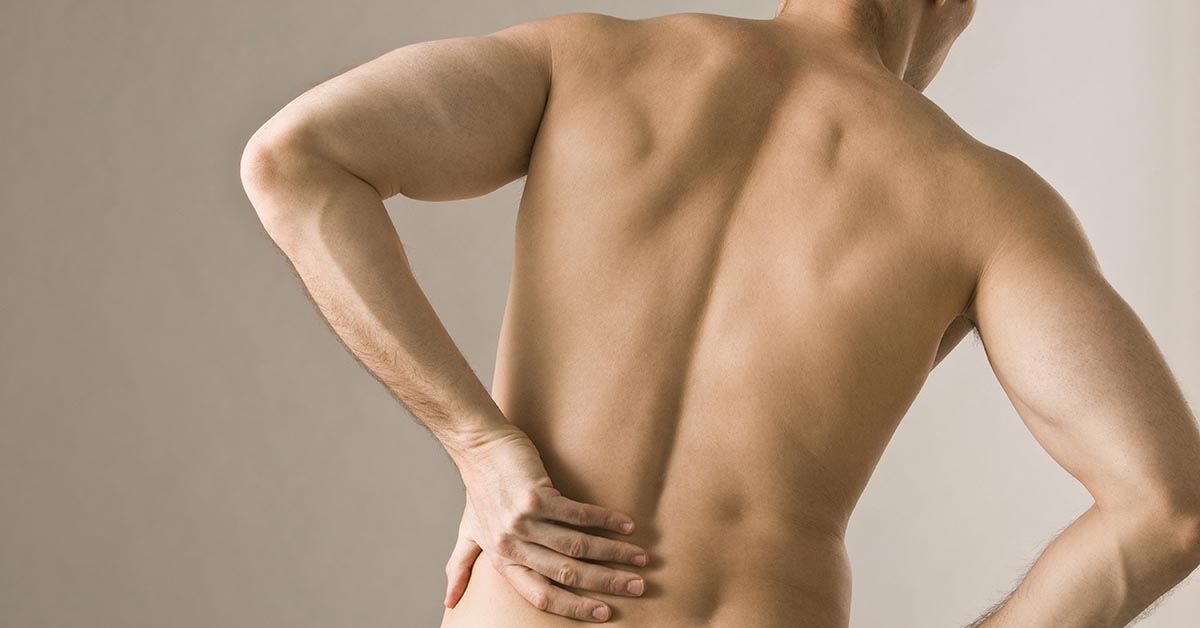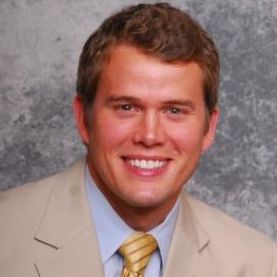 Most of us suffer from lower back pain at some point in our lives. Researchers estimate that nearly 1 out of 3 adults deal with some kind of regular spinal pain. Dr. David J. Mulholland and our talented staff see many back and neck pain cases in our Anchorage office, and we've found that chiropractic care is an effective way to not only help you heal from back pain, it's also an excellent way to avoid future episodes.
Most of us suffer from lower back pain at some point in our lives. Researchers estimate that nearly 1 out of 3 adults deal with some kind of regular spinal pain. Dr. David J. Mulholland and our talented staff see many back and neck pain cases in our Anchorage office, and we've found that chiropractic care is an effective way to not only help you heal from back pain, it's also an excellent way to avoid future episodes.
A recent article from the University of Utah confirms what our Anchorage patients have experienced: your Anchorage chiropractor is the best first choice for an episode of back pain.
In this article, 747 patients were treated for low back pain. Each person was evaluated based on the first person they sought treatment with, whether it was a primary care physician, a chiropractor, a physiatrist (also known as a rehabilitation physician), or a physical therapist.
What the authors found is that the subjects who first saw a chiropractor had fewer advanced imaging tests and fewer surgical procedures.
Other papers have found the same results. A 2012 study found that chiropractic patients had the best functional recovery and pain relief for chronic back pain.
Chiropractic works by restoring the natural, pain-free function of your spine. Dr. David J. Mulholland and our team help your body heal with gentle chiropractic adjustments that don't use drugs or risky surgical procedures.
If you live near our Anchorage office and would like to get out of pain, give our office a call today at (907) 770-5700 for an appointment.
Reference
Fritz JM, Kim J, Dorius J. Importance of the type of provider seen to begin health care for a new episode of low back pain: associations with future utilization and costs. Journal of Evaluation in Clinical Practice. 2015(Sep 29).
Cecchi F, et al. Predictors of functional outcome in patients with chronic low back pain undergoing back school, individual physiotherapy or spinal manipulation. European Journal of Physical and Rehabilitation Medicine 2012;48:371-8.



